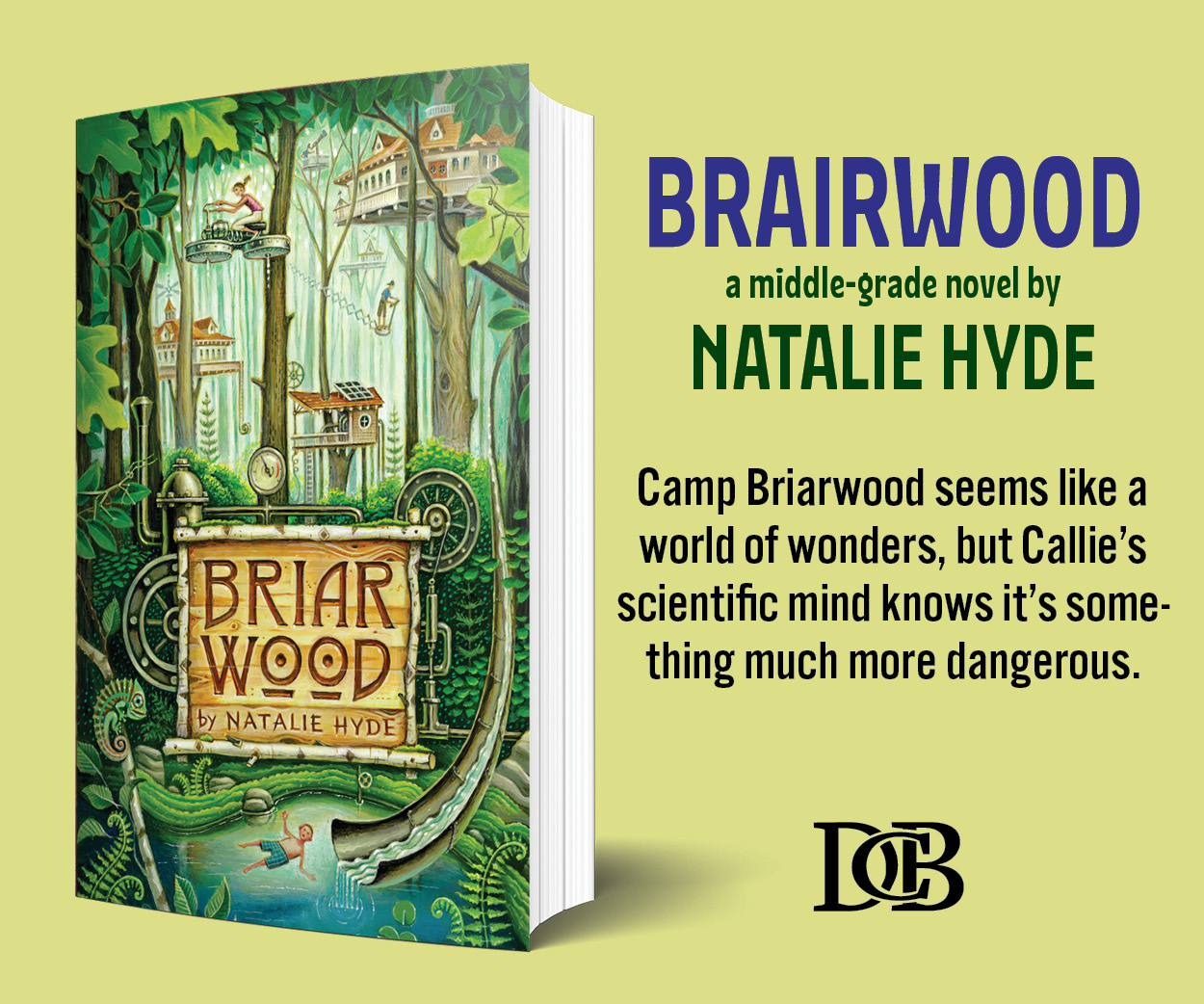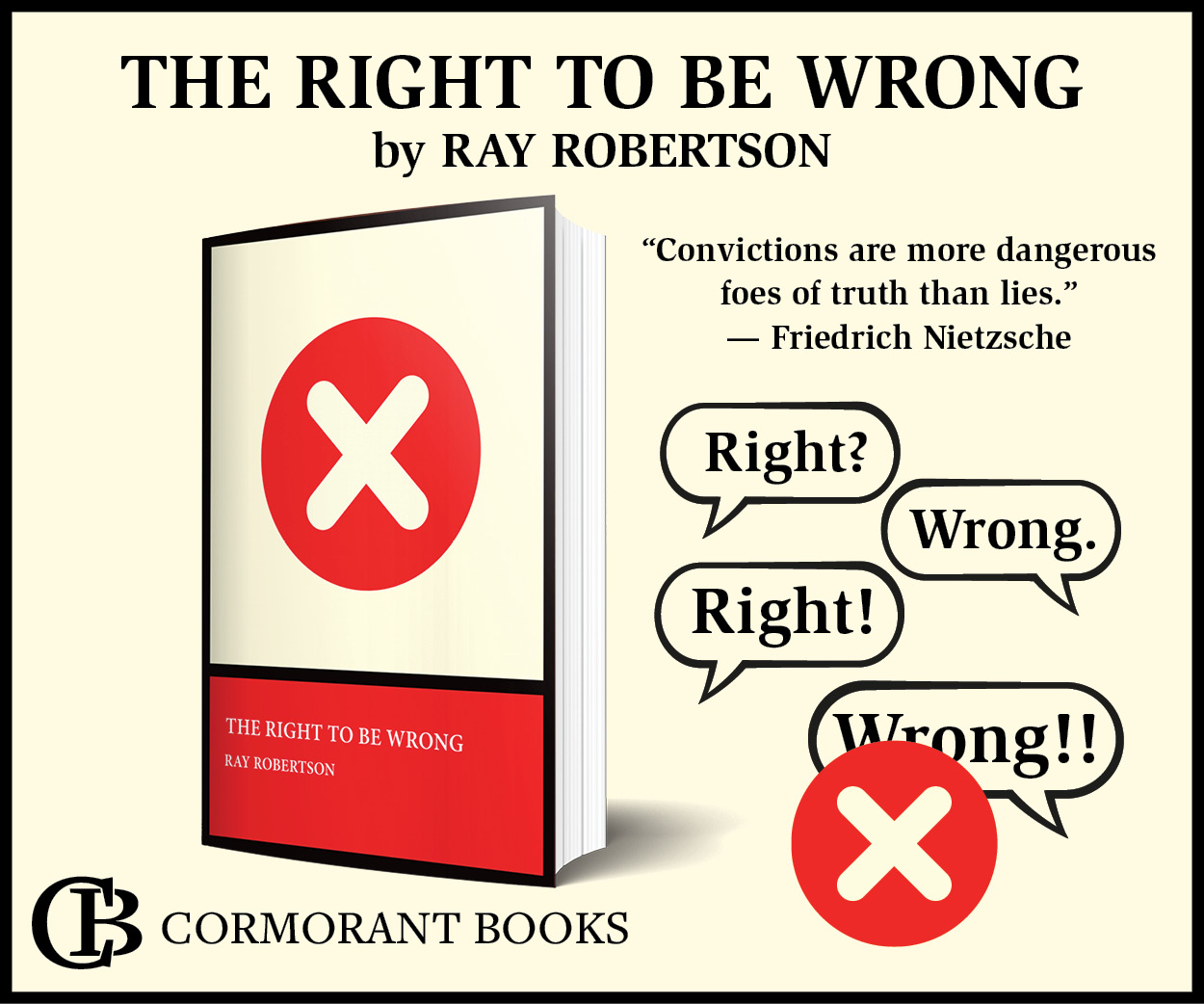Amanda Merpaw Explores Change, Upheaval, and the Power of Queerness in Most of All the Wanting
Change and tumult in our lives is inevitable, and it sometimes takes these events to show us who we are, and who we will become in the face of the pivotal moments that define a person.
In Most of All the Wanting (Palimpsest Press), Amanda Merpaw fearlessly explores these changes, weaving the subject into her poems. In the wake of divorce, and against the backdrop of political and ecological upheaval, Merpaw delves into the power of queer desire, and what makes queerness possible within this changing world.
We've got a fabulous Line and Lyric Interview with the author, as she discusses her debut collection with Open Book:
Open Book:
Tell us about this collection and how it came to be.
Amanda Merpaw:
Most of All the Wanting is my first full-length collection. It’s an ongoing exploration of the questions from my first chapbook, Put the Ghosts Down Between Us. After I finished the chapbook, I knew I wanted (needed?) to engage in its preoccupations a little longer and in more depth. The full-length is an exploration of intimacy, how we exist in relation to each other, how we speak to and about each other and ourselves, the role of grief and joy and desire in making the self. The poems take up my experiences with divorce, dating as a bisexual woman in Toronto, building new relationships, and the various ways a person can become themselves or deepen their relationship to themselves through these experiences. Also, I hope it’s sometimes at least a little bit funny!
OB:
Can you tell us a bit about how you chose your title? If it’s a title of one of the poems, how does that piece fit into the collection? If it’s not a poem title, how does it encapsulate the collection as a whole?
AM:
I had a different working title for a long time that I liked but wasn’t convinced was just right. Most of All the Wanting came from one of the last poems I wrote for inclusion in the collection, “On Being Plenty,” which is the penultimate poem in the book. As I was assembling the collection, I kept coming back to a line in that poem that reads, “Yes! It’s true. I want it all and most of all the wanting.” It felt like, oh, right, exactly! This book is about the wanting! It’s got yearning all over it, as queer texts and folks often do. What’s important isn’t even necessarily what’s being wanted—although that does matter—but the act of wanting in itself. It feels like an honest reflection of the speaker in these poems, her emotional state, her desire to keep desiring. It’s funny—I sent a note to my editor, Jim Johnstone, about using that as the title, but it got lost amidst our ongoing communication about the book, and then when he read the assembled manuscript, he sent me a note saying, this is it, Most of All the Wanting should be the title!, and I was like, yes, it should!! That synchronicity was a nice confirmation.
OB:
Was there any research involved in your writing process for these poems?
AM:
Yes! Even though that research might not always declare itself to the reader. I researched everything nature related that comes up in the poems: the emerald ash borer, the science of fog, the phases of the moon, various clouds and trees and flowers and bodies of water and non-human animals. Also: grief rituals, mythology, hauntology, quantum theory, queer theory, etc. I love research, it’s an essential part of my writing and thinking process, and it’s important to me to include precise language, images, and information in the poems, even if it’s just for a single reference or line. The research often begets more poems too.
Your CanLit News
Subscribe to Open Book’s newsletter to get local book events, literary content, writing tips, and more in your inbox
OB:
Apart from your editor and other publishing staff, who were the most instrumental people in the life cycle of this book? Did you share your writing with anyone while working on these poems?
AM:
I participated in a lot of writing workshops throughout the writing of this collection. I don’t have an MFA, so I especially appreciate how good workshops help me develop my craft and grow my community. The writers who led those workshops and the other poets who participated in them alongside me were instrumental in reading and giving feedback on drafts of many of these poems.
OB:
What's more important in your opinion: the way a poem opens or the way it ends?
AM:
I don’t think it’s more important, but I do think more often and more intentionally about how a poem opens than how it ends. I am very preoccupied with a poem’s opening lines, the invitational gesture into the piece. I consider the title part of that opening, too, and spend a lot of time with the work of the title and its relationship to the first lines. I care equally about how a poem ends, I promise! It’s just that the closing lines usually arrive as part of the writing of the piece in a way that feels more intuitive, maybe? Like, of course the poem that exists before these final lines now has to end here, with this. I find my way to the ending with the work of writing through the poem and where it’s taking me.
OB:
Who did you dedicate the collection to and why?
AM:
I dedicated the collection to my dog, Tilly, with a little nod to one of the poems in the collection where I mention her. She’s the best. She’s been there with me through all the experiences I write about in the book, and she kept me company while I wrote it and read it all aloud. It felt apt and also a bit silly and playful, which I appreciate—it’s nice to have some lightness, not to be too precious about it all (or about myself).
OB:
Is there an individual, specific speaker in any of these poems (whether yourself or a character)? Tell us a little about the perspective from which the poems are spoken.
AM:
The speaker in these poems is almost always an extension of me and of my voice, though she isn’t me exactly—there are things the speaker says or does that I didn’t or wouldn’t, but some version of me definitely would. My hope is that the reader feels a proximity to the speaker, like she’s whispering the poems directly into the reader’s ear, maybe sometimes even addressing them, or that the reader feels they’re overhearing an intimate conversation between the speaker and a lover.
__________________________________________
Amanda Merpaw (she/her) is a writer, editor, and educator. She is the author of the chapbook Put the Ghosts Down Between Us (2021), and her poetry, playwriting, and nonfiction have appeared in Arc Poetry Magazine, carte blanche, CV2, Grain, Prairie Fire, Plenitude, with Playwrights Canada Press, and elsewhere. Amanda was a finalist for Arc Poetry Magazine’s 2022 Poem of the Year Contest. She is currently a contributing editor at Arc Poetry Magazine and a member of the editorial board at Anstruther Press. Most of All the Wanting is her first full-length collection. She lives in Toronto.
Kevin Hardcastle is a fiction writer from Simcoe County, Ontario. He studied writing at the University of Toronto and at Cardiff University. His work has been widely published in journals including The New Quarterly, The Malahat Review, Joyland, Shenandoah and The Walrus. Hardcastle was a finalist for the 2012 Journey Prize, and his short fiction has been anthologized in The Journey Prize Stories 24 & 26, Best Canadian Stories 15, and Internazionale.
Hardcastle’s debut short story collection, Debris, was published by Biblioasis in 2015. Debris won the 2016 Trillium Book Award, the 2016 ReLit Award for Short Fiction, was runner-up for the 2016 Danuta Gleed Literary Award, and was a finalist for the Kobo Emerging Writer Prize.
His novel, In the Cage, will be published by Biblioasis in Fall 2017.




